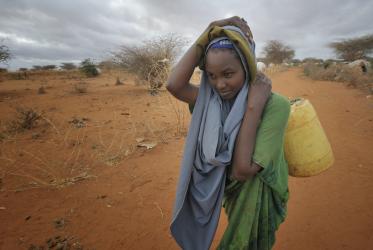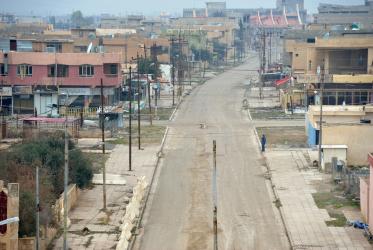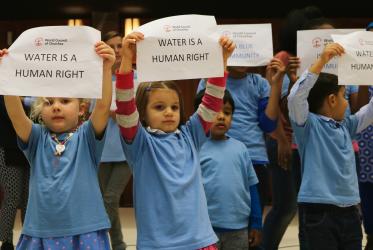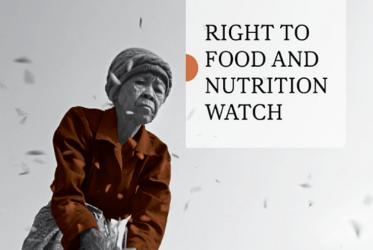Displaying 161 - 180 of 256
22 May 2017
Applications open for WCC Eco-School
10 May 2017
WCC holds second annual photo contest on water
10 April 2017
On World Water Day, we ask: “why waste water?”
22 March 2017
“What can we contribute as a worldwide fellowship?”
06 March 2017
Seven weeks of Lent highlight water crisis in Africa
01 March 2017
Plans for 2017 decided by WCC Executive Committee
01 December 2016
WCC Executive Committee issues statement on climate justice
25 November 2016
Eco-justice at stake for Standing Rock people in USA
07 November 2016
WCC, LWF host recipients of Right Livelihood Award
02 November 2016
WCC climate change group plans advocacy strategy
10 October 2016













